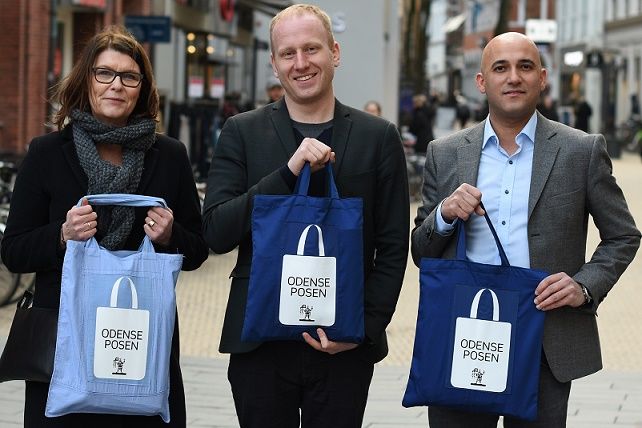According to a recent survey carried out by the confederation of Danish industry, Dansk Industri (DI), municipalities could be 4.8 billion kroner better off if all of them were as good as the best ones when it comes to tendering out services.
The survey investigated how many of their services the 98 municipalities in Denmark offered for private tender.
READ ALSO: Productivity commission urges more privatisation
Experience from Odense shows that more competition can also benefit the environment and increase social responsibility.
More bang for their buck
“The municipalities simply get more for their money. That gives them greater freedom to improve the quality of the services they offer,” said DI’s deputy director general, Tine Roed.
“A number of municipalities have already realised that it is possible both to make things run more efficiently and get better quality by allowing private companies to bid for their services. It’s now a matter of getting the others to follow suit.”
According to the survey, last year the best municipalities tendered 40.9 percent of their services privately, whilst the average was 26.9 percent, so there is apparently considerable untapped potential.
A green dividend
Odense has entered into an agreement with De Forenede Dampvaskerier, a laundry company responsible for washing and repairing working-clothes for 2,200 employees in the municipality’s health and handicapped sector.
As well as saving the municipality 9 million kroner, the discarded clothes are also used to produce environmentally-friendly reusable tote bags.
Brian Skov Nielsen from the municipality is extremely pleased with the project. “We’ve saved money, reduced the impact on the environment and created work for people in flex jobs and sheltered occupations – all by thinking innovatively about how we can tender the municipality’s services.”
Tine Roed would like to see Parliament set a goal of having 45 percent of all the services that lend themselves to privatisation tendered out by 2025.
“Setting a goal like this will help to accelerate developments so that more municipalities could benefit from exposure to competition.”















